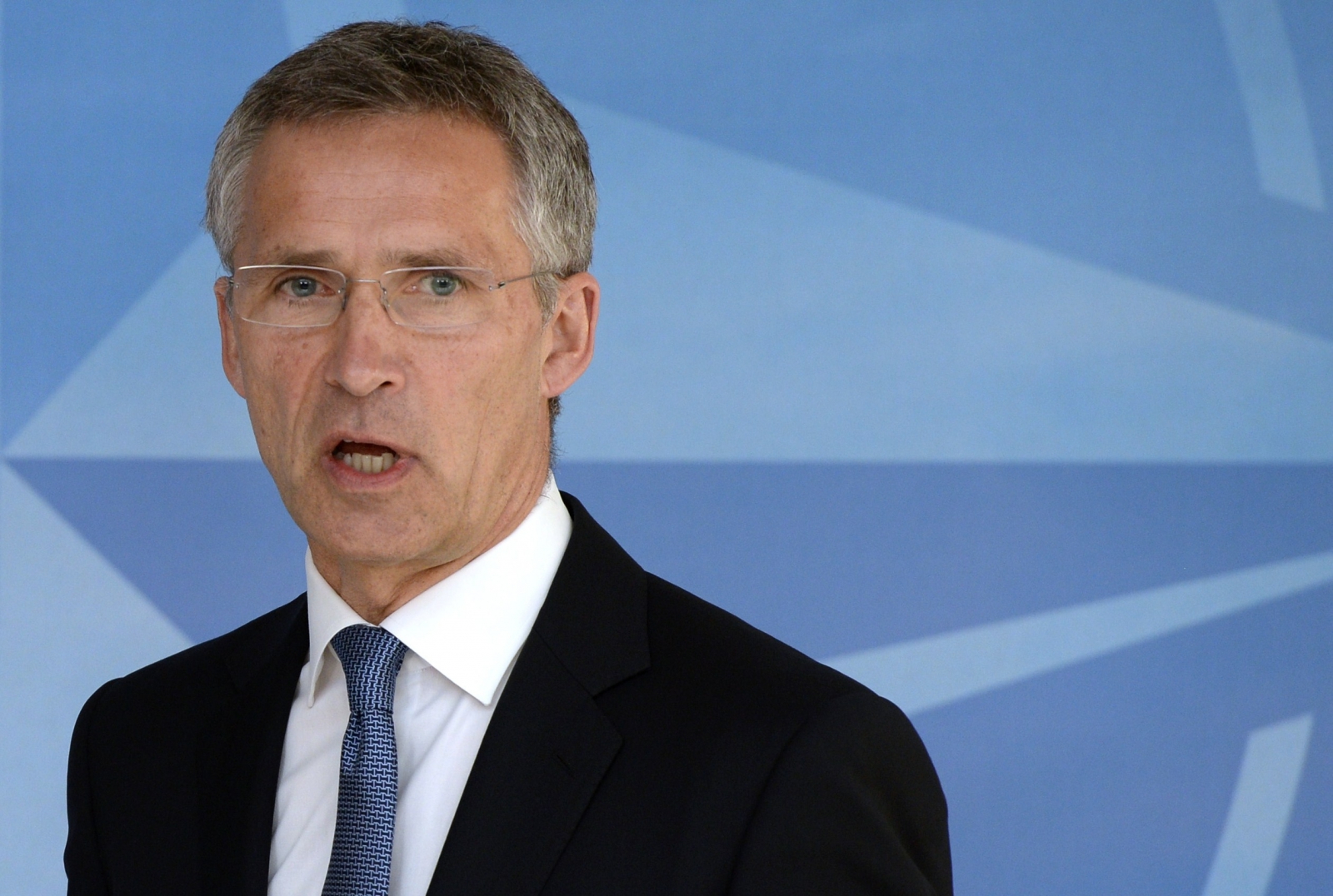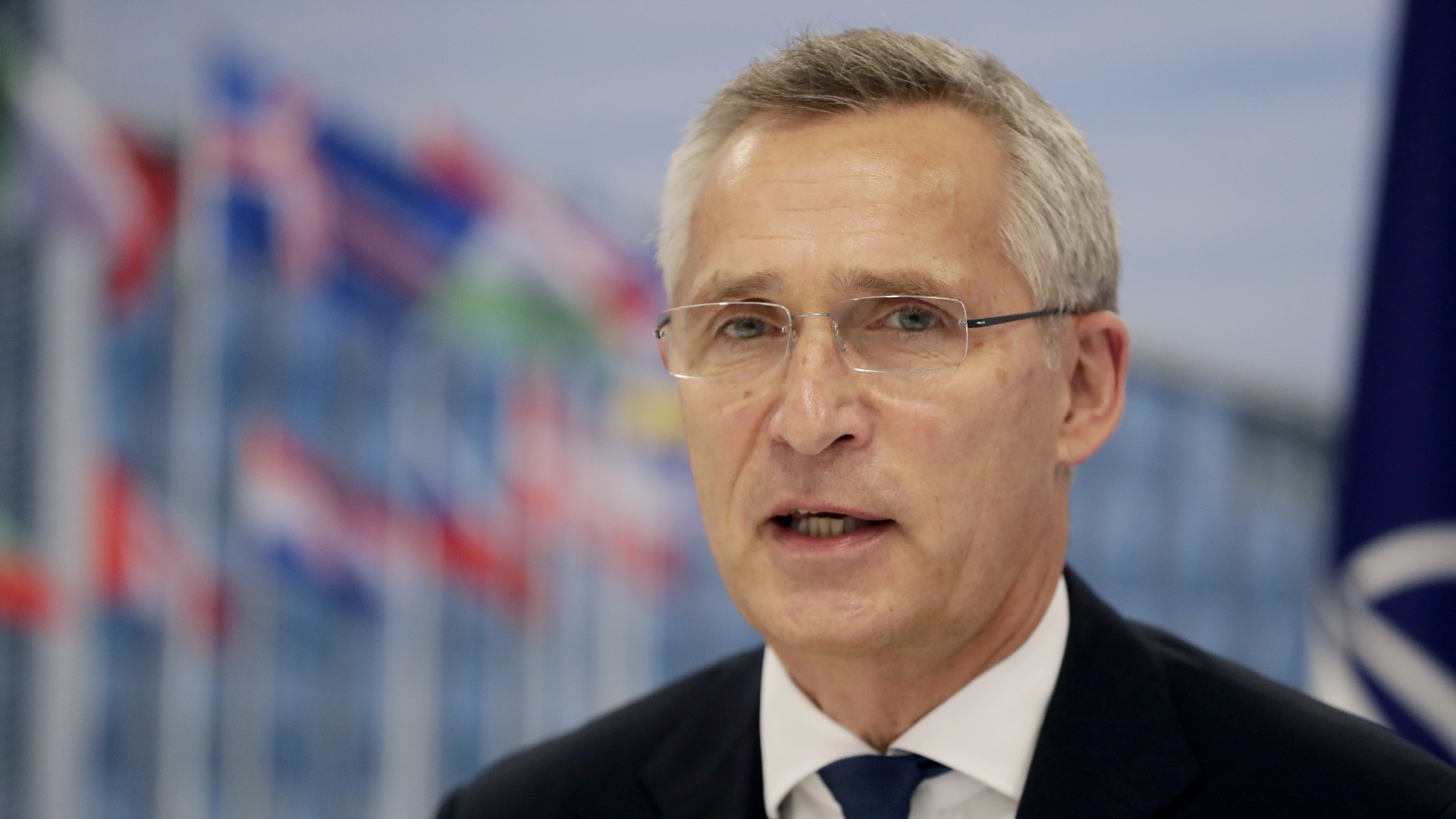Jens Stoltenberg’s Role and Responsibilities

Jens Stoltenberg is the current Secretary General of the North Atlantic Treaty Organization (NATO). As the top civilian leader of NATO, he is responsible for overseeing the organization’s political and military activities. Stoltenberg’s role is to ensure that NATO remains a strong and effective alliance, capable of deterring and defending against any threats to its members.
Key Responsibilities, Jens stoltenberg
Stoltenberg’s key responsibilities include:
- Providing political leadership and guidance to NATO’s member states.
- Chairing meetings of the North Atlantic Council, NATO’s top decision-making body.
- Representing NATO to other international organizations and leaders.
- Managing NATO’s budget and resources.
- Appointing and overseeing the staff of NATO’s international secretariat.
Challenges and Opportunities
Stoltenberg’s tenure as Secretary General has been marked by a number of challenges, including the ongoing conflict in Ukraine, the rise of China, and the threat of terrorism. However, he has also overseen a number of significant achievements, such as the accession of Montenegro to NATO and the strengthening of the alliance’s partnerships with other countries.
As Stoltenberg continues his term as Secretary General, he will face a number of ongoing challenges, including the need to maintain NATO’s unity and resolve in the face of Russian aggression, the need to adapt to the changing security environment, and the need to ensure that NATO remains a relevant and effective organization in the 21st century.
Jens Stoltenberg’s Leadership and Diplomacy

Jens Stoltenberg’s leadership and diplomatic skills have been instrumental in maintaining unity within NATO and navigating complex international relations. His ability to foster consensus among member states and build strong relationships with global leaders has contributed significantly to the alliance’s effectiveness and relevance.
Diplomatic Skills
Stoltenberg’s diplomatic skills have been evident in his handling of various international crises and negotiations. He has consistently pursued dialogue and cooperation, seeking common ground and building bridges between different perspectives. His ability to listen attentively, understand diverse viewpoints, and find mutually acceptable solutions has been crucial in resolving conflicts and maintaining stability.
Navigating Complex International Relations
Stoltenberg has successfully navigated the complex geopolitical landscape, maintaining NATO’s unity amidst global challenges. He has played a key role in strengthening the alliance’s partnerships with non-member states, fostering cooperation on security issues of mutual concern. His efforts have contributed to enhancing NATO’s global reach and influence.
Successful Diplomatic Initiatives
Some of Stoltenberg’s notable diplomatic initiatives include:
- Leading NATO’s response to the Russian annexation of Crimea and ongoing conflict in eastern Ukraine.
- Mediating negotiations between Greece and Turkey over the Aegean Sea dispute.
- Facilitating the accession of Montenegro and North Macedonia to NATO.
Jens Stoltenberg’s Impact on NATO
Jens Stoltenberg’s tenure as NATO Secretary General has been marked by significant challenges and achievements. He has guided the alliance through a period of geopolitical upheaval, including the annexation of Crimea by Russia, the rise of ISIS, and the ongoing conflict in Afghanistan.
Stoltenberg has played a key role in strengthening NATO’s strategic direction and policies. He has overseen the development of the alliance’s new Strategic Concept, which was adopted in 2022. The Strategic Concept sets out NATO’s vision for the future and identifies the key challenges that the alliance faces.
Key Initiatives and Reforms
Stoltenberg has implemented a number of key initiatives and reforms to strengthen the alliance. These include:
- The creation of the NATO Response Force, a high-readiness force that can be deployed quickly to respond to crises.
- The establishment of the NATO Cyber Security Centre, which helps to protect the alliance from cyber attacks.
- The launch of the NATO Innovation Hub, which supports the development of new technologies to enhance the alliance’s capabilities.
Results and Outcomes
Stoltenberg’s leadership has had a significant impact on NATO’s overall effectiveness and global standing. The alliance is now better prepared to respond to the challenges of the 21st century, and it has emerged as a stronger and more united organization under his leadership.
As NATO Secretary-General Jens Stoltenberg’s tenure draws to a close, attention turns to the latest biden news today. President Biden’s recent remarks on Ukraine have raised questions about the future of the alliance, and Stoltenberg’s leadership will be crucial in navigating these challenges.
His diplomatic skills and unwavering commitment to NATO’s principles will be essential in maintaining unity and ensuring the organization’s continued effectiveness.
Jens Stoltenberg, the current Secretary General of NATO, has recently been in the news for his comments on the ongoing conflict in Ukraine. Stoltenberg has been a vocal critic of Russia’s actions in Ukraine, and has called for the international community to do more to support the Ukrainian people.
In a recent speech, Stoltenberg said that “the world cannot stand idly by as Russia continues to violate international law and undermine the security of Europe.” Stoltenberg’s comments come at a time when there is growing concern about the potential for a wider conflict in Europe.
The latest joe biden news has been reporting on the latest developments in the conflict, and Stoltenberg’s comments are likely to add to the pressure on Russia to end its aggression.